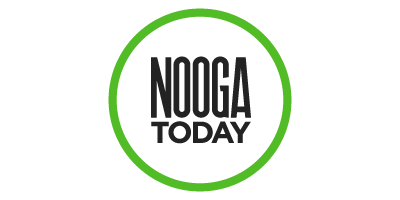While there is still no cure for HIV, advances in HIV medications, testing, and prevention strategies have allowed for tremendous strides in virus management + a decrease in occurrences — but there’s still work to do.
It’s estimated that one in seven people with HIV are unaware of their status and that while 1.1 million people in the US were eligible for prevention medication in 2016, only ~78,000 people filled prescriptions. In age where testing is free + accessible and prevention medication can make HIV untransmissible, this means that HIV education is more important than ever.
That’s why we teamed up with Cempa Community Care — a local health center providing effective HIV prevention, testing + treatment services — to answer these important questions about HIV + HIV prevention:
Q: What are some of the signs that I or my partner might have HIV?
A: HIV symptoms, if any, may include flu-like symptoms including fever, chills, sore throat, fatigue, muscle aches, rash etc. Some people have no symptoms at all. If you are concerned about HIV, get tested. This is the only way to know for sure.
Q: What should I do if I think I’ve been exposed to HIV?
A: Seek immediate treatment if you believe you have been exposed to HIV. Time is essential, because PEP (Post Exposure Prophylaxis) is an HIV prevention medication that must be prescribed within 72 hours of exposure. Note that HIV exposure is one of Cempa Community Care’s services.
Q: Can HIV be spread through kissing?
A: No. HIV can only be spread by coming into direct contact with certain body fluids from a person with HIV who has a detectable viral load, not including saliva.
Q: I was recently diagnosed with HIV. What should I do?
A: Take time to understand your diagnosis and reach out for support from community resources. While a new HIV diagnosis can be scary, HIV is very treatable and is not a terminal diagnosis.
Q: How can I avoid getting HIV?
A: Protect yourself. We know condoms are optional, but there is also PrEP (Pre-Exposure Prophylaxis) — an HIV prevention medication that is 99% effective in preventing HIV.
Q: Can I get a false negative or false positive on a test?
A: Yes, you can get a false negative if you test too early. The correct window period is 1-3 weeks after possible exposure. A false positive is rare.
Q: Does HIV always lead to AIDS, and, if so, how long does it take to turn into AIDS?
A: HIV will not advance if you are taking HIV treatment medication as prescribed. Without medication and recommendations from your doctor, the virus will advance. For those who go untreated, everyone’s body is different, and the progression to AIDS could take days, months, or even, years depending on your immune system.
Q: Since HIV medication is so effective, if I have HIV and I’m taking the medication, does that mean I don’t need to tell my partner I have HIV?
A: HIV treatment medication, when taken as prescribed, can suppress your HIV viral load. We call this undetectable, which means you are untransmissible. HIV treatment medication is very effective, but you should always be honest with your partner.
Q: Is anyone who is sexually active at risk for getting HIV?
A: Yes, while there are stereotypes around who is at risk for getting HIV, anyone who is sexually active is technically at risk. However, this is significantly lower if you are on PrEP (the medication that is 99% effective in preventing HIV) and engage in other safe sex practices.
Have more HIV questions? Reach out to the healthcare professionals at Cempa Community Care to learn more about treatment, prevention, testing, and more.*










